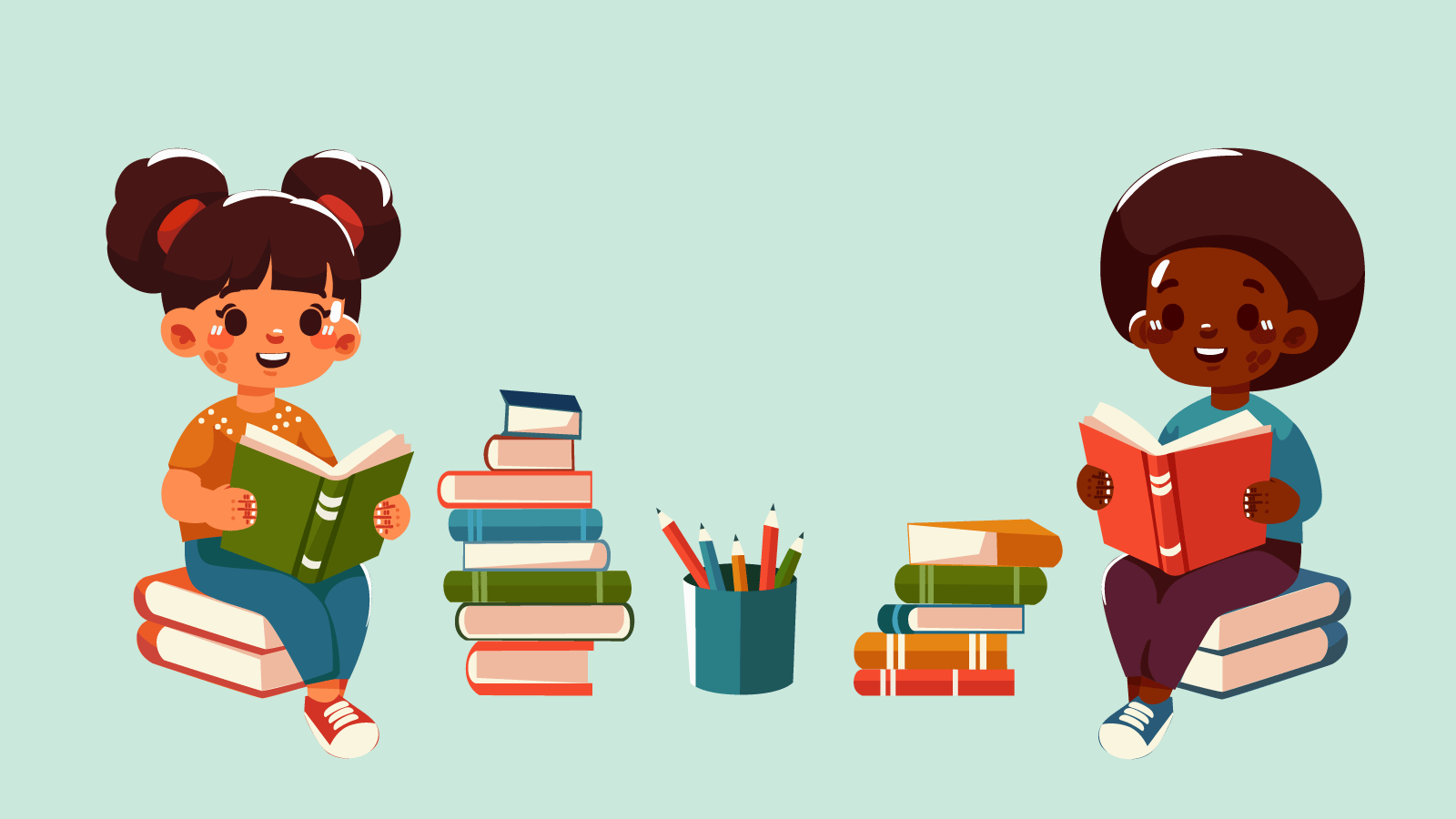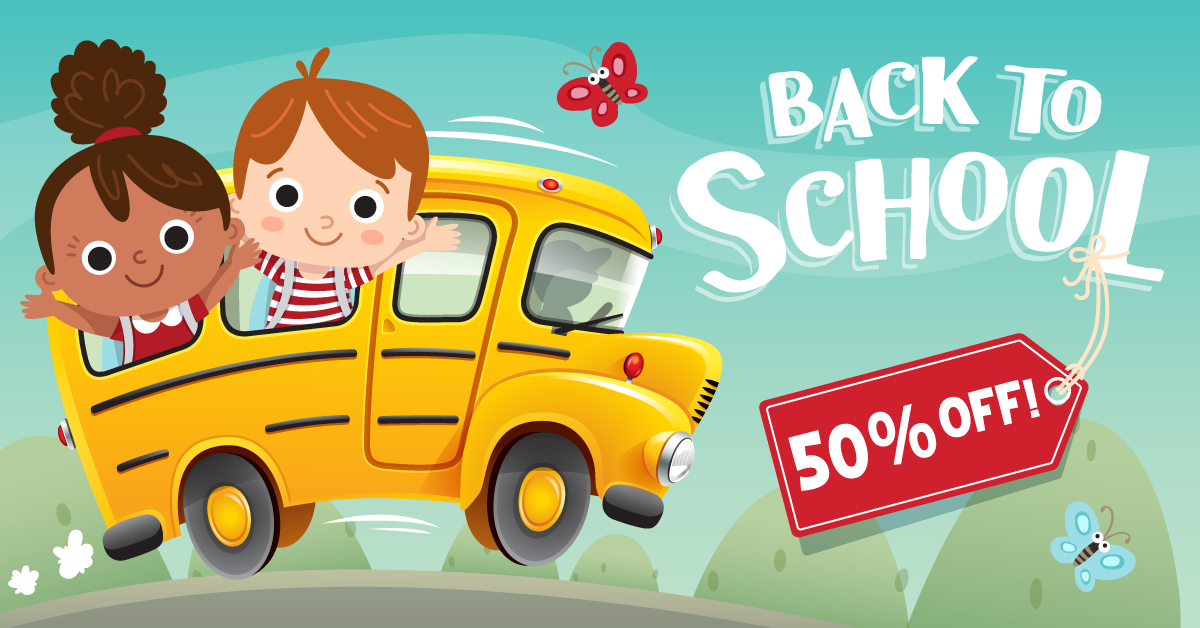Matching skills Easy Worksheets for Ages 5-6
3 filtered results
-
From - To
Unlock the power of learning through fun with our "Matching Skills Easy Worksheets for Ages 5-6." Designed to enhance cognitive and visual recognition in young learners, these printable activities offer engaging ways to develop crucial matching skills. Whether it's connecting pictures or finding pairs, our worksheets provide a solid foundation in sorting, pattern recognition, and problem-solving. Ideal for preschool and kindergarten children, these worksheets transform learning into an exciting adventure, paving the way for academic success. Visit [Kids Academy] for easy-to-use resources that make learning enjoyable and effective! Start your child’s educational journey today.
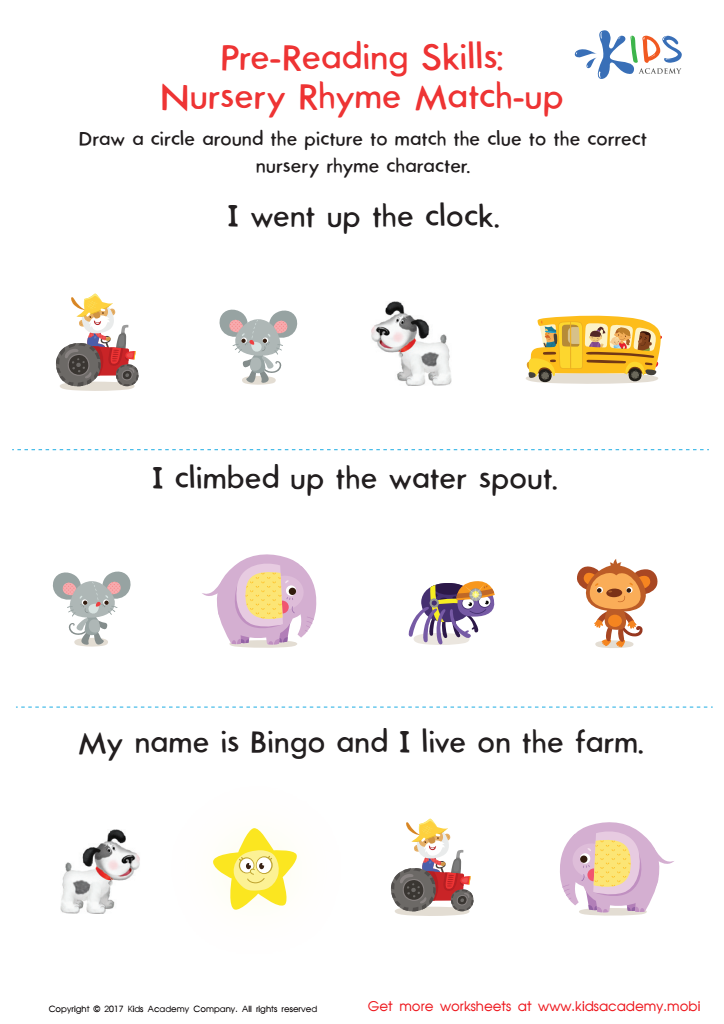

Nursery Rhyme Match–Up Worksheet
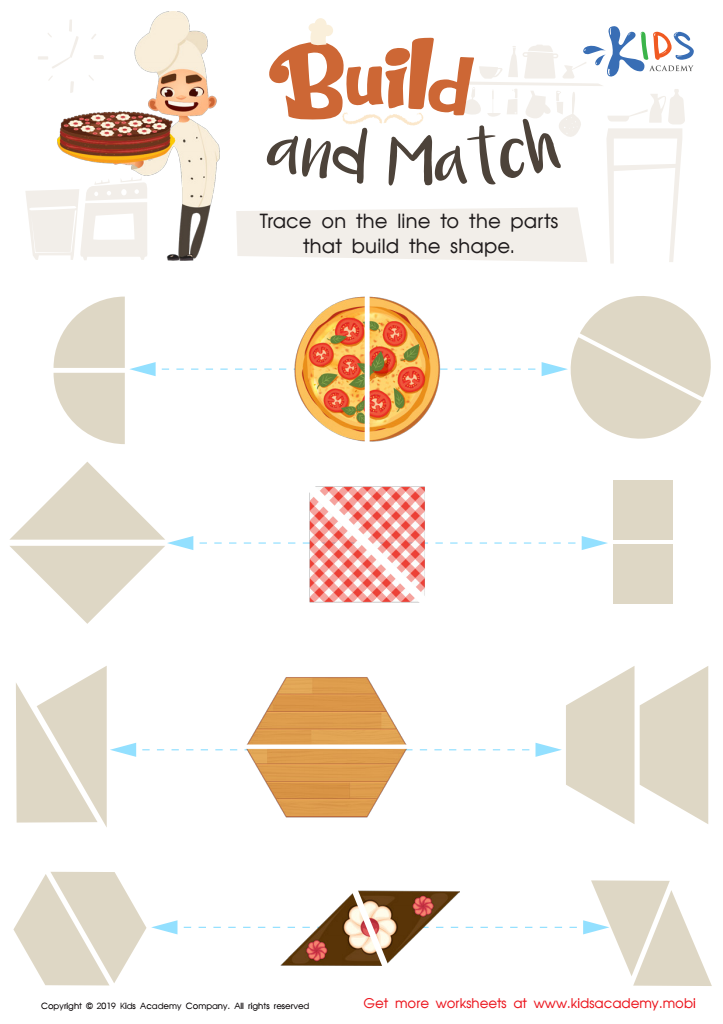

Build and Match Worksheet
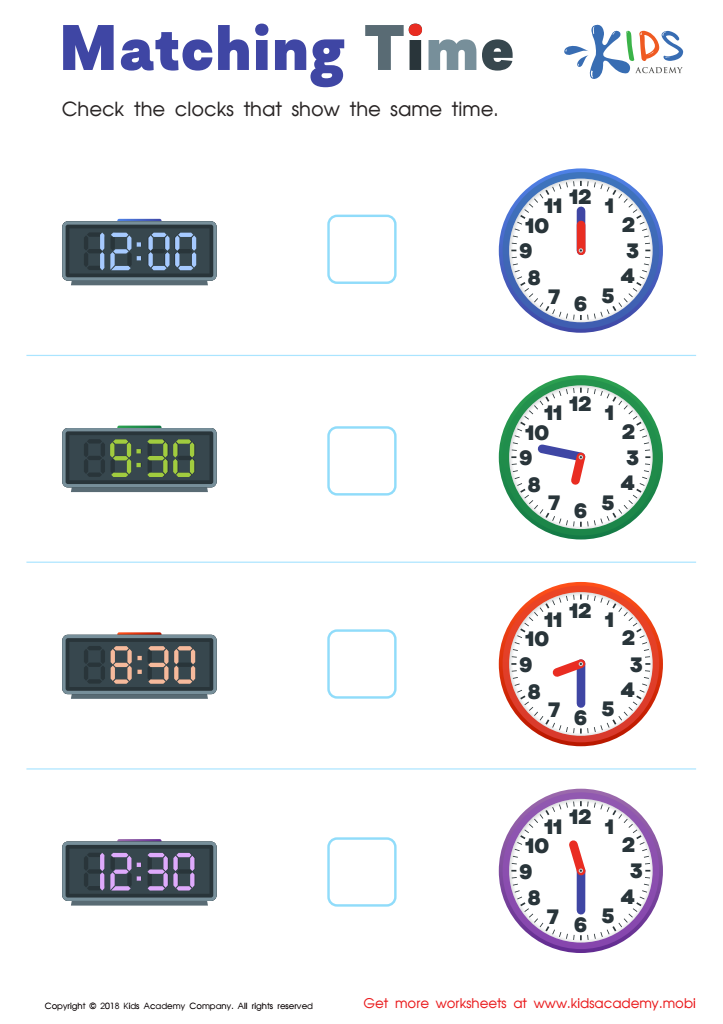

Matching Time Worksheet
Parents and teachers should prioritize matching skills for children ages 5-6 because these foundational abilities play a crucial role in early cognitive development. Matching skills, such as pairing similar objects or identifying patterns, are pivotal in enhancing a child's visual processing and attention to detail, which are essential for learning and problem-solving.
At this age, children are developing their ability to make connections and see relationships between different items or concepts. Matching activities support these developments by fostering critical thinking. For example, when a child matches shapes or colors, they practice sorting and categorizing, core skills that underpin more complex mathematical and literacy tasks they will encounter later.
Additionally, matching exercises can significantly boost memory and concentration. As children analyze attributes to find pairs or groups, they engage their working memory and decision-making processes. Moreover, these activities can be delightful and engaging, keeping young learners interested while they develop their neural pathways.
Emphasizing matching skills in early education not only builds a strong intellectual foundation but also supports social development as children collaborate, share results, and communicate their thought processes. Thus, ensuring children practice and refine these abilities helps prepare them for a lifetime of confident learning and cognitive growth.

 Assign to My Students
Assign to My Students


